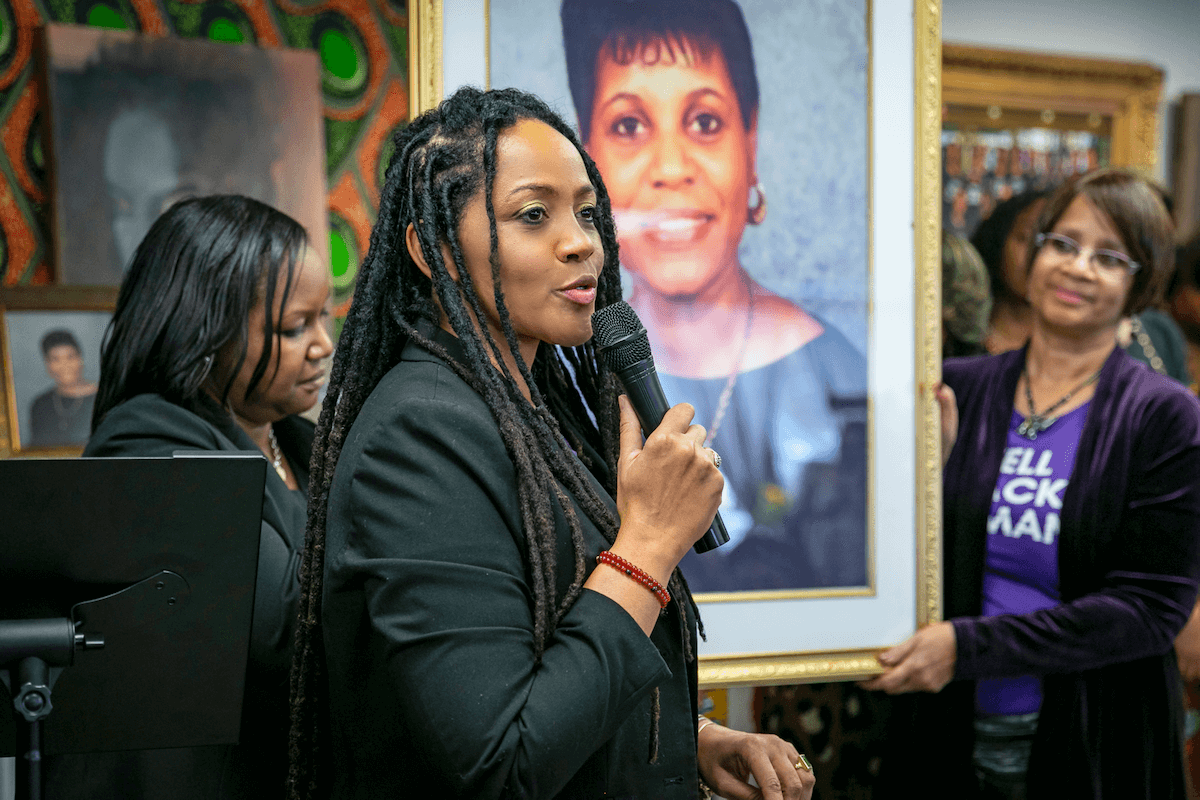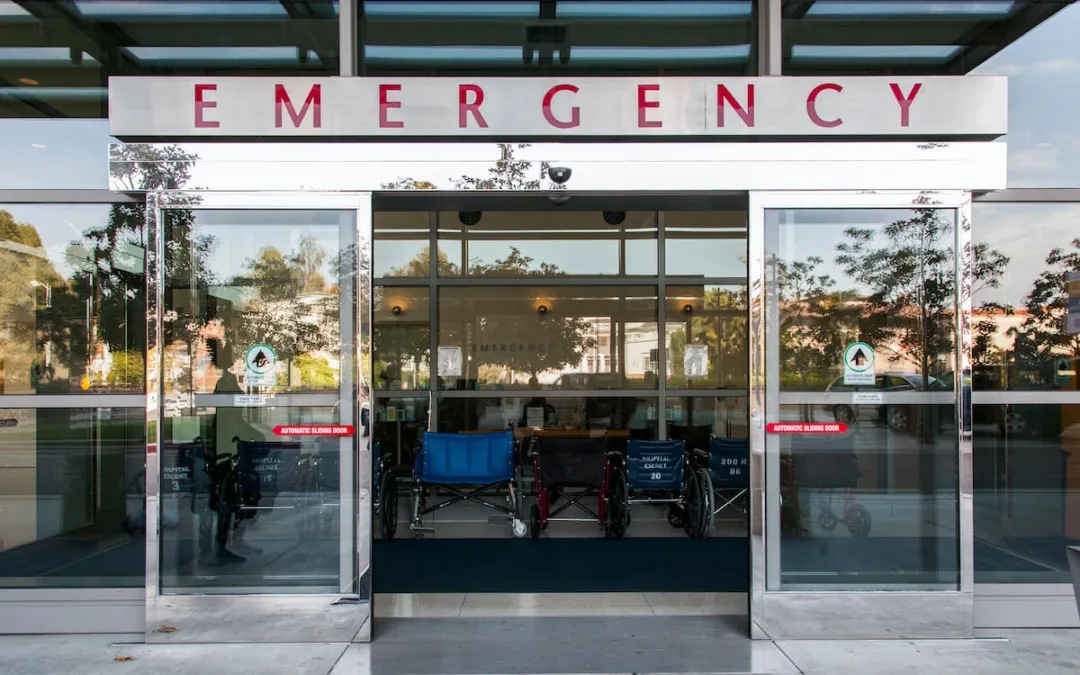
#image_title
#image_title
One will focus on COVID-19’s impact on communities of color, the other will address overall healthcare disparities.
Gov. Tony Evers is tackling the racial disparities in health care on two fronts; the creation of a Health Equity Council to identify long-term solutions to closing the disparities gap and an initiative to put grant money in the hands of organizations that can provide quick action to stop the disproportionate spread of COVID-19 in communities of color.
“It is critical that our recovery from this crisis is inclusive and equitable,” said Lt. Gov. Mandela Barnes. “We must start by supporting the work that community-based organizations are already doing to address these systemic inequities and connect the dots in their communities.”
The knowledge that Black and brown residents of the state have worse health outcomes than their white counterparts is not new news. A 2016 report published by the University of Wisconsin Population Health Institute, for example, gave Wisconsin an overall health disparities grade of “D.”
While the overall infant mortality rate in the United States is lower than it was a decade ago, that decrease does not hold true for Black women in Wisconsin, according to a 2018 Centers for Disease Control and Prevention study that tracked data from 2013-2015 nationally.
That CDC study found Wisconsin has the highest infant mortality rate for Black women in the country. The infant mortality rate in Wisconsin, 14.28 infant deaths per 1,000 live births, is 1.7 times higher than the corresponding rate in the state with the lowest overall mortality rate.
Despite the fact Dane County is one of the wealthiest counties in the state, data from Public Health Madison Dane County shows Black babies are still two times more likely than white babies to die before their first birthday.
“It is not acceptable to us that Wisconsin leads the nation in the Black infant mortality rate,” Lisa Peyton-Caire told UpNorthNews in June for an article that focused on infant mortality disparities. Peyton-Caire is the founder and chief executive officer of The Foundation for Black Women’s Wellness that in January opened the Black Women’s Wellness Center in Madison. “I think folks are willing to step into that space now, like they never were before.”
The creation of the two task forces would suggest she is right. Peyton-Caire is one of 33 people appointed to serve on the Governor’s Health Equity Council. Others include representatives of hospital systems, county-level health officials, tribal health directors, and insurance companies.
“We didn’t need the COVID-19 pandemic to tell us that your health is closely linked to your zip code, race, and other socioeconomic factors,” said Andrea Palm, secretary-designee of the Wisconsin Department of Health Services.
Black, Latino, and Indigenous populations are overrepresented among COVID-19 cases, hospitalizations, and deaths. In comparison to white Wisconsinites, Latino Wisconsinites have more than three times the number of coronavirus case rates, and Black Wisconsinites have a death rate 3.5 times higher.
The “Just Recovery for Racial Equity” initiative is a joint effort between the state DHS and the UW Population Health Institute. The $2.6 million initiative will fund grants to community-based organizations for staffing, translation services, and program evaluation administered by the public health institute.
The initiative comes roughly one month after Milwaukee’s health director resigned, citing “factors out of her control” that prevented her from adequately responding to the pandemic.
“I’m talking about the state … and all of the challenges that we’ve faced as local health officers along the way, from the spring election all the way up until now,” Jeanette Kowalik told the Milwaukee Journal Sentinel. “We’re trying to save lives with the spread of COVID, and then we’re dealing with all of these barriers to being able to do our work.”
In that same interview, Kowalik made clear she was referring to Republican state lawmakers and the conservative-leaning state Supreme Court, who have challenged or knocked down public health orders aimed at preventing the virus’ spread.
At the end of July, Democratic presidential candidate and former Vice President Joe Biden released a racial equity plan to address racial inequality and address disparities in health care. The premise of the plan is that the country builds back better than it was prior to the pandemic. President Donald Trump does not have a plan to address racial disparities in health care.
Politics

Biden makes 4 million more workers eligible for overtime pay
The Biden administration announced a new rule Tuesday to expand overtime pay for around 4 million lower-paid salaried employees nationwide. The...

Biden administration bans noncompete clauses for workers
The Federal Trade Commission (FTC) voted on Tuesday to ban noncompete agreements—those pesky clauses that employers often force their workers to...
Local News

Readers Poll: Top Bowling Alleys in Wisconsin
Looking for the best bowling in Wisconsin? Look no further! Our readers have spoken in our recent poll, and we have the inside scoop on the top...

8 Wisconsin restaurants Top Chef judges are raving about
Top Chef’s 21st season is all about Wisconsin, and on-screen, it’s already apparent that the judges feel right at home here. But, while filming in...




